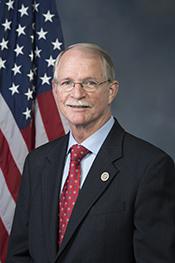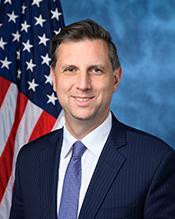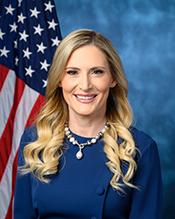0
Preserving Safe Communities by Ending Swatting Act of 2025
2/7/2025, 12:52 PM
Summary of Bill HR 286
Under this proposed legislation, individuals who knowingly make false statements or reports that result in emergency response resources being deployed could face criminal penalties. This includes false reports of bomb threats, active shooters, or other dangerous situations that prompt law enforcement, fire departments, or other emergency services to respond.
The bill also includes provisions to ensure that individuals who make genuine mistakes or errors in reporting emergencies are not unfairly penalized. It aims to strike a balance between deterring false communications that waste resources and endanger lives, while also protecting individuals who may unintentionally provide inaccurate information during an emergency situation. Overall, Bill 119 HR 286 seeks to address the serious issue of false communications that lead to unnecessary emergency responses, by imposing penalties on those who knowingly make false reports with the intent of causing an emergency response. The bill aims to protect the public and first responders, while also ensuring that individuals who make genuine mistakes are not unfairly punished.
Congressional Summary of HR 286
Preserving Safe Communities by Ending Swatting Act of 2025
This bill makes it a crime to intentionally convey false or misleading information in circumstances where the information may reasonably be expected to cause an emergency response and the information indicates the occurrence of criminal conduct or a threat to health or safety (commonly referred to as swatting).
Read the Full Bill
Current Status of Bill HR 286
Bipartisan Support of Bill HR 286
Total Number of Sponsors
4Democrat Sponsors
0Republican Sponsors
4Unaffiliated Sponsors
0Total Number of Cosponsors
16Democrat Cosponsors
9Republican Cosponsors
7Unaffiliated Cosponsors
0Policy Area and Potential Impact of Bill HR 286
Primary Policy Focus
Crime and Law EnforcementAlternate Title(s) of Bill HR 286
Comments

Taylor McCall
11 months ago
I can't believe some people think it's okay to make false emergency calls just for fun. This bill is long overdue and I'm glad it's finally being addressed. It's about time we hold those responsible for causing unnecessary panic and wasting valuable resources. Who benefits from this bill anyway?

Cielo Cooke
10 months ago
I don't like this new bill, it's gonna make things harder for me and my friends. It's not fair that we have to deal with this.





